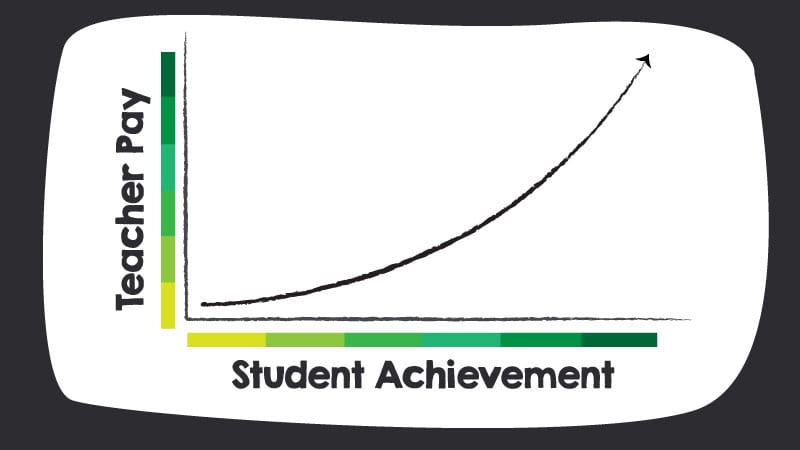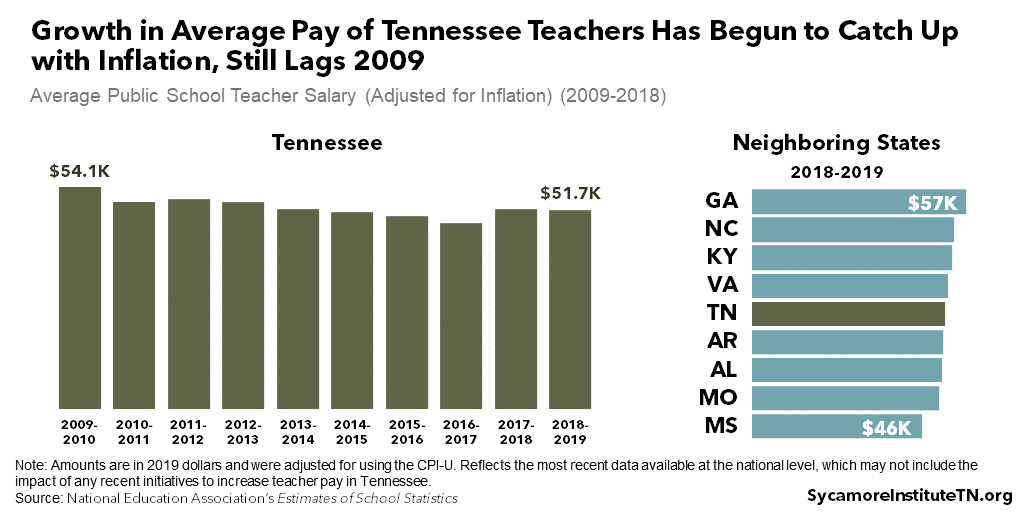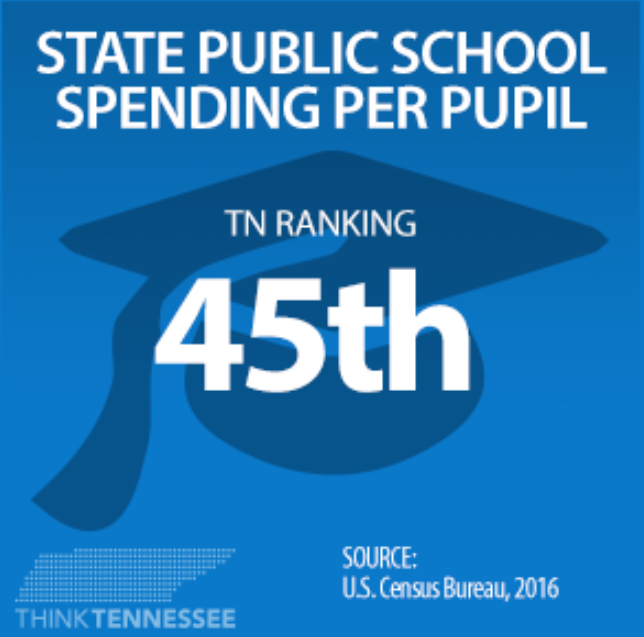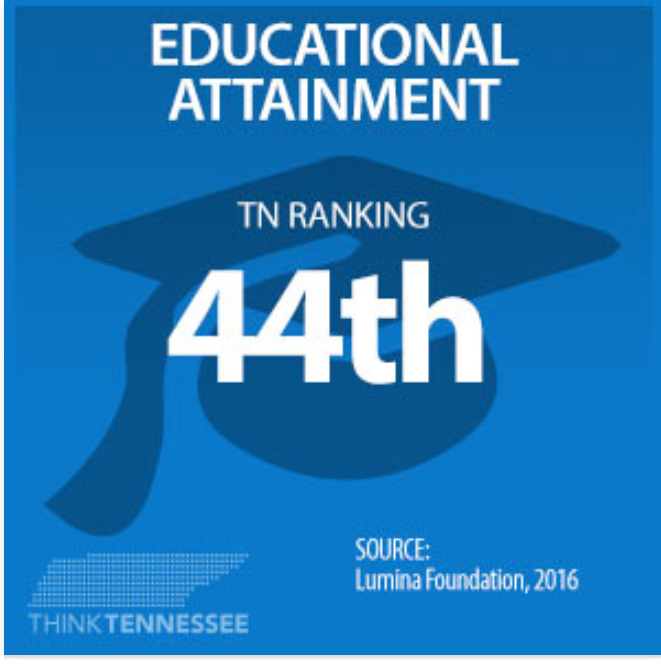Williamson County school advocacy group Williamson Strong posted a plea for residents to take action to urge policymakers to improve teacher pay.
Here’s what they posted to Facebook relative to the teacher shortage and staffing crisis:
· URGENT: We’re hearing multiple reports of a massive teacher/staff exodus from WCS.
YOU have the power to fix this. If you can’t be loud for this, don’t complain when your kid’s teacher doesn’t show up on Jan. 5th. What did you do to advocate for them? Starbucks and Target gift cards 1-2 times a year aren’t going to cut it.
Do you know your county commissioners’ names? You should. They approve the budget that pays for your children’s school staff salaries. (PS They also get “free” health insurance for a *very* part-time job, which is rich when our teachers have had their benefits cut short.)
If you’re a WCS parent, you know all about the staffing shortages in our schools this year. Many kids don’t have a science teacher, math, foreign language, special ed, etc. – and they can’t find enough subs to cover every day. Cafeteria workers, bus drivers, SACC workers, the things we’ve all gotten numb to hearing about because we think it’s normal to not have them in place.
It is *not normal* to ask parents to work the school lunch lines serving food.
But it’s about to get worse, starting THIS month. WCS teachers & staff are opting for early retirement or moving to other districts for 3 reasons from what we’re hearing:
1. Better pay. WCS is not competitive with Metro, for starters. Yet many of our young teachers live in Nashville (sure can’t afford to live here on those salaries in this housing market!) with tough commutes (especially with our ridiculously early start times in middle/high school) because they want to teach in WCS, despite the lower pay. Our kids are awesome. Everyone says that.
2. Benefits. Our retirement health benefits are not competitive with surrounding districts, and teachers start to figure that out as they have more experience and start thinking about retirement down the road.
3. The parents can be pretty tough here. We’ll leave it at that, but the insane abuse of the last 1.5+ years directed at teachers, staff, and administrators has many at a breaking point. (Stop being mean to school staff. Seriously. Cut it out.)
WHAT CAN WE ALL DO?
The County Commissioners are beginning their budgeting process right now. And they’re the ones holding the purse strings! They all love to say we can’t afford to increase our school budget, 85%+ of which goes towards salaries – because although we may be one of the wealthiest counties in the entire COUNTRY, we can’t find the money for teachers even at the state average, much less the national one. It’s beyond shameful.
DEMAND that the Commission fix this. They have the power. Literally! They know how to solve this, don’t let them tell you otherwise. You, the voters, are their constituents. You’re their boss.
Tell them to pay our teaches what they deserve, and if not? We’re all going to elect new County Commissioners who care about teachers come August. Every single one of them is up for re-election in 2022, and they’re going to start campaigning any month now.
And School Board members? Tell them the same. They should be kicking and screaming about this issue (instead of howling over curriculum like some of them are doing, month after month.) Priorities are showing. Half of them are up for election in 2022 as well.
Email them all. Today. Every day. Tell your friends to do the same. If you can’t find time to do this, don’t complain when your child’s teacher quits and leaves….when there’s a new face there in January, or they just have rotating subs every day or week.
Don’t complain if you don’t do your part to fix this. YOU are the constituent. YOUR tax dollars pay for teacher salaries. Tell the people who set the budgets how you want those dollars spent.
It’s a crisis. What we’ve been in national headlines for lately? NOT a crisis. Stop being distracted by the noise and let’s collectively start fighting for our educators.

For more on education politics and policy in Tennessee, follow @TNEdReport
Your support – $5 or more – makes publishing education news possible.











